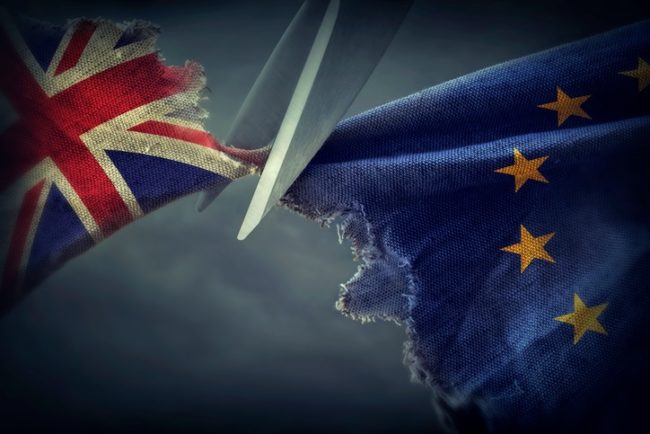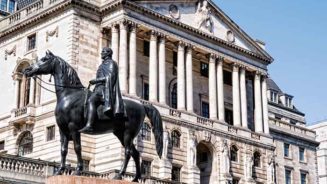In a strategy presentation seen by newspaper the Financial Times, leaders of the remaining 27 EU member states expect the UK to use tax as a weapon and acknowledge that there isn’t much they can do to stop it.
The slides reportedly note that the UK is already a low tax economy with many offshore entities.
The EU27’s proposed approach is to call for binding requirements on information sharing, anti-tax avoidance measures and transparency.
Failure to maintain such agreements includes being blacklisted as an “uncooperative tax jurisdiction”, which is one of a “menu of options” that could be used to sanction the UK, another being the suspension of its trading rights.
The slides echo the EU’s emphasis on a level playing field with the UK and acknowledge existing ‘off the peg’ trade models along the lines of Norway and Canada will not be adequate in the circumstances.
“The UK is a very long way from being a place that can be relied upon by anyone when it comes to tackling tax abuse,” said Richard Murphy, author and tax academic who is professor of practice in international political economy at City, University of London.
“The EU is absolutely right to be concerned. And so should we be, come to that. This abuse happens at cost to the people of the UK as a whole.”






Maria Madrid says:
The City of London already provides a platform for tax avoidance/evasion strategies and many of these schemes are routed through non-EU jurisdictions such as the Isle of Man and Jersey to be coated with opacity and impenetrability before returning converted to tax compliancy.
Tax evasion usually involves inter jurisdiction transfers of capital to conceal or obscure company/individual profits … and the Crown Dependencies (self-governing dependencies of the Crown, but not part of the UK) should now be forced to take responsibility for their activities.
Meanwhile the tax evasion industry cynically exploit the association these places enjoy with the UK and although ultimately the UK has the power to enforce law in the Crown Dependencies it chooses not to do so as this would intrude on the City of London’s egocentric schemes. This in effect defends the secrecy that permits abuse.
Neil Chadwick says:
You may or may not be familiar with the Criminal Finances Act 2017 which introduced a new corporate criminal offence of failure to prevent the facilitation of tax evasion. The penalties under this piece of legislation are pretty severe and for that reason a UK entity would be quite foolish to engage in the activities that you describe. In addition to this you have the Disclosure of Tax Avoidance Schemes legislation, the introduction of beneficial ownership registers and lets not forget the OECD’s Common Reporting Standards. If a ‘Tax Evasion Industry’ existed, could it function in todays regulatory environment? I would personally struggle to see how it could. Finally, lets not confuse legal mitigation with illegal evasion.
Maria Madrid says:
Neil: You are making the unlikely assumption that the people/organisation/banks who daily churn billions of dollars of the proceeds of crime through secretive tax heavens are likely to make honourable disclosures about their undertakings…
And perhaps making an even bigger assumption that those involved in maintaining the status quo in tax havens are likely to surrender a highly lucrative source of income in the money laundering business . Tax havens are inscrutable centres of secrecy interconnecting the smartest brains in the criminal underworld and are impossible to police through any legislation conceived by regulatory authorities. Those who think otherwise are deluding themselves – but at least they will be safe from reprisals from the netherworld.